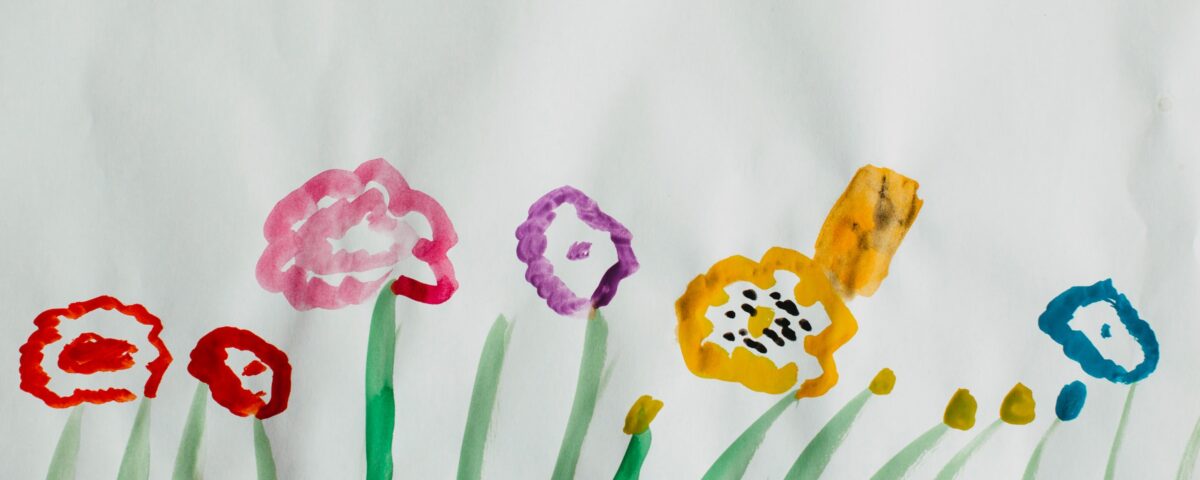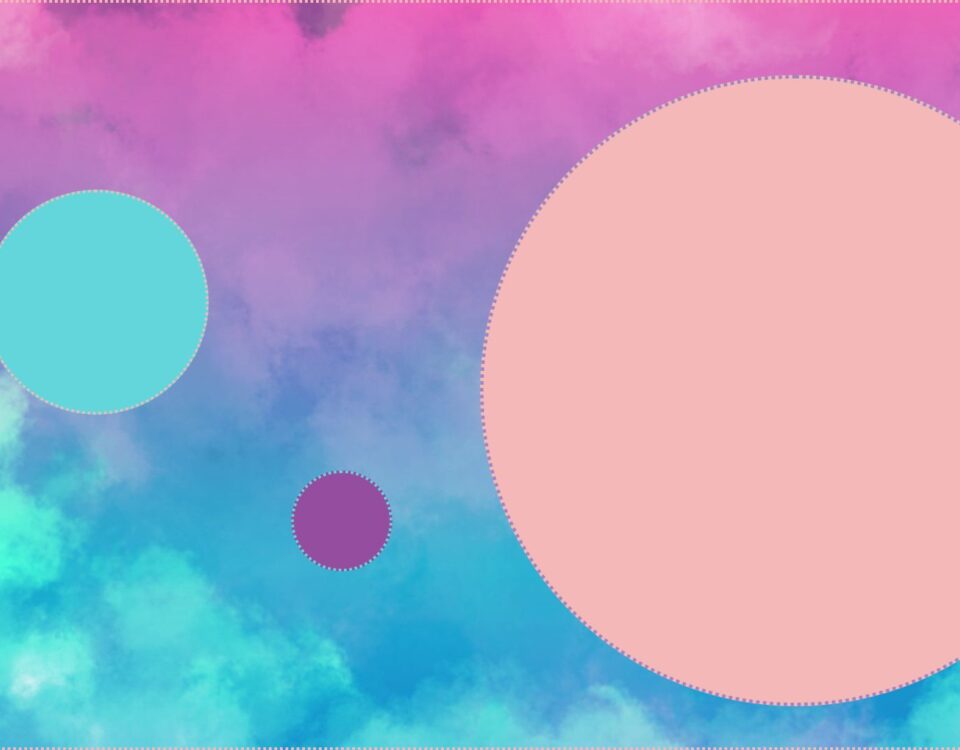
Why TRUDGE?
August 2, 2023
Finding Your Self-Truth
August 16, 2023How do you talk to yourself about yourself? The stories you tell about yourself influence your life choices in big and small ways. Life is a “choose your own adventure book.” You use your self-description as a factor in decision making. If you see yourself as dumb, you will turn down opportunities for “smart people.” If you see yourself as a strong swimmer (with no limits) you may literally find yourself in over your head on the wrong side of huge waves crashing on the beach. (My 14-year-old self. Being pulled in by lifeguards was super embarrassing.) Having accurate self-awareness is a powerful tool in your self-care and resilience. Knowing your strengths and weaknesses allows you to take on an adventure, decline, or to ask for help to give it a try. Awareness of what brings you joy allows you to gravitate toward experiences that will fill your cup. How you see yourself is a major influence on your mood and day-to-day sense of well-being.
Confirmation Bias
One thing that gets in the way of an accurate self-assessment is confirmation bias. Confirmation bias is the tendency for your brain to notice things that affirm what you already believe. We all do this to some extent or another. You have a belief and subsequently notice all the ways that this belief shows up in your life. Your brain likes the comfort that this provides, as brains like certainty. At the same time, your brain ignores or minimizes ways that your belief is contradicted. This allows your brain to stay comfortable by not having to rethink its position on this subject. If the belief is not central to your life, “mussels taste bad” you can go your whole life with no trouble. But if you have an inaccurate belief which is central to who you understand yourself to be, you may make decisions that don’t serve you well.
Example: You develop the belief “I am not creative” based on poor performance in art class. From here on your brain starts noticing all the ways that this shows up in your life. Your drawings of cows aren’t even recognizable as animals. Your friends note that your color choices clash and it becomes an inside joke. When you move you can’t think of a different way to arrange your furniture. Meanwhile you dismiss other ways you are creative by attributing them to outside forces. Dinner was good, because I got lucky that the recipe worked out. Since you don’t see yourself as creative, you also avoid anything "creative”. You don’t sign up for art class, or theater, and you delegate all color choices to someone else. This limits finding unique ways you are creative or ways you might grow your abilities. It becomes a self-reinforcing and self-defeating cycle.
In the next few blogs we are going to look at how you assess yourself and ways you can do so through a kinder, more accurate lens. The goal is to improve resilience by having a realistic view of yourself allowing for growth and appreciation.
Peace,
Laura A. Gaines
Explore learnmodelteach.com to learn about our course, Shrinking Anxiety to Grow Resilience.





